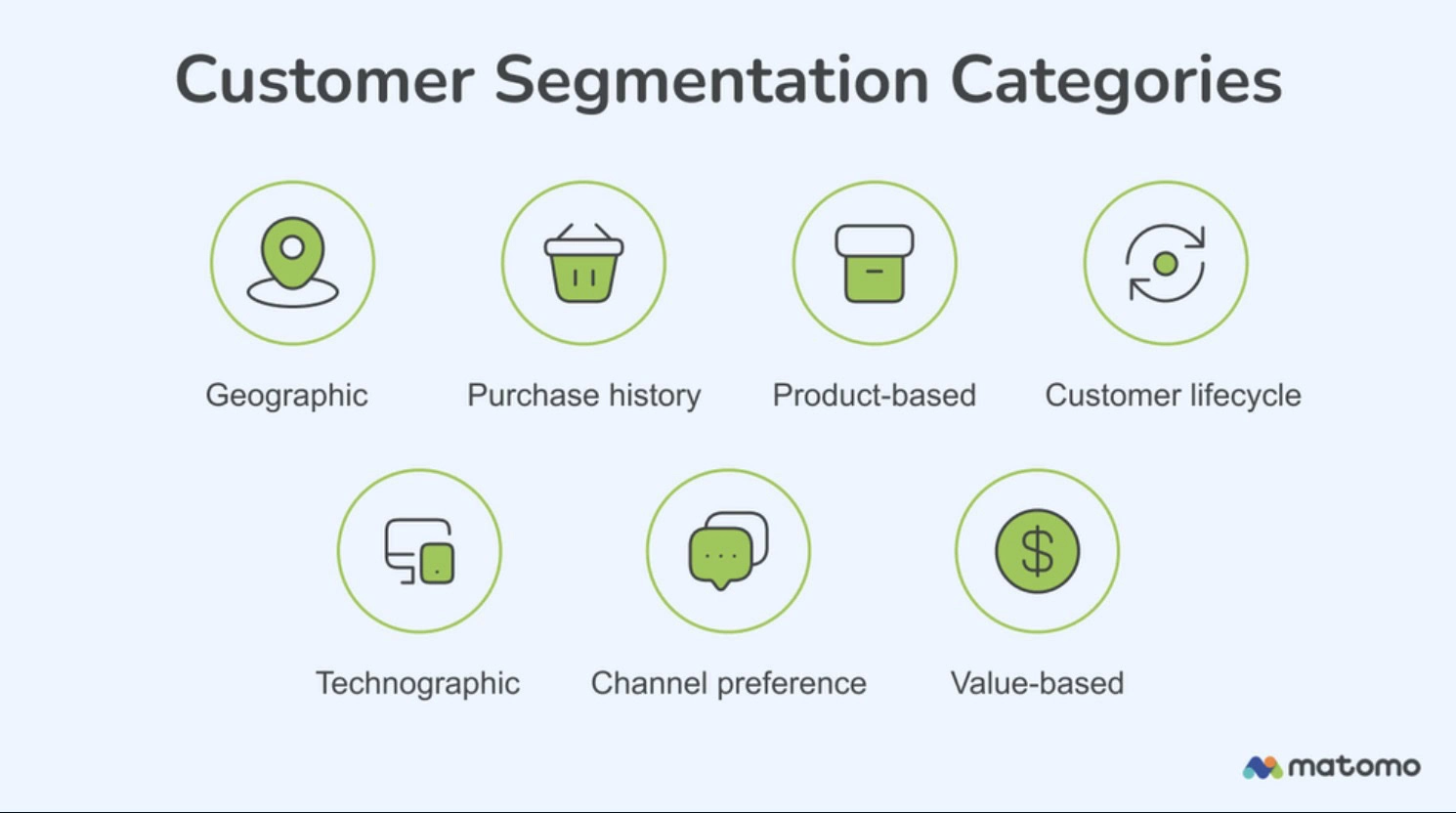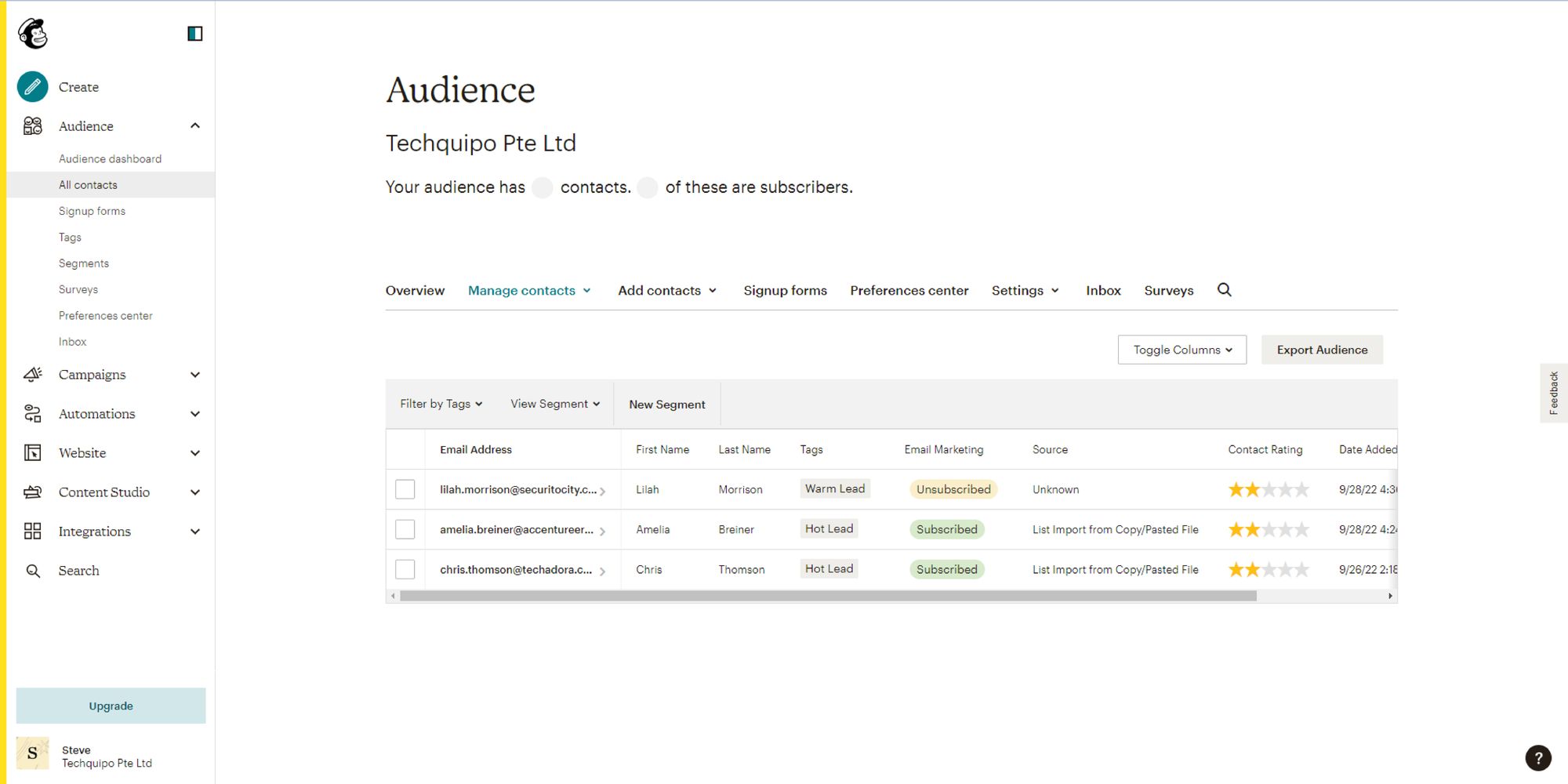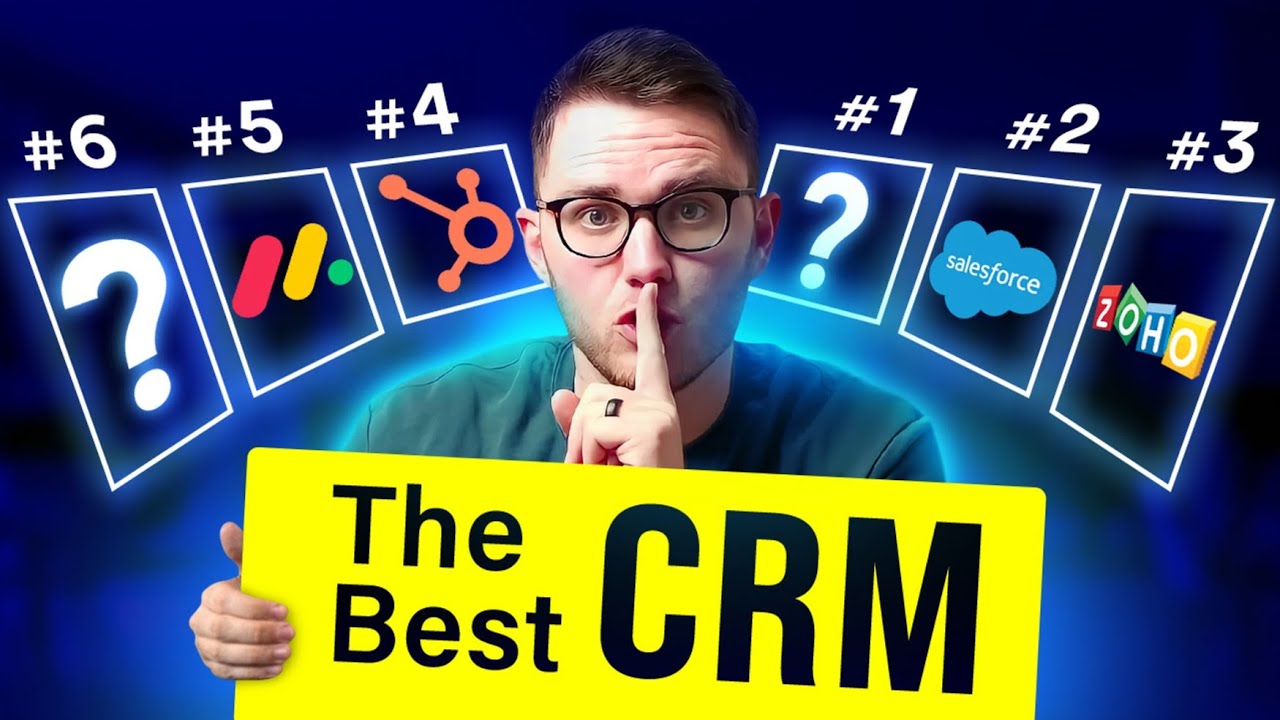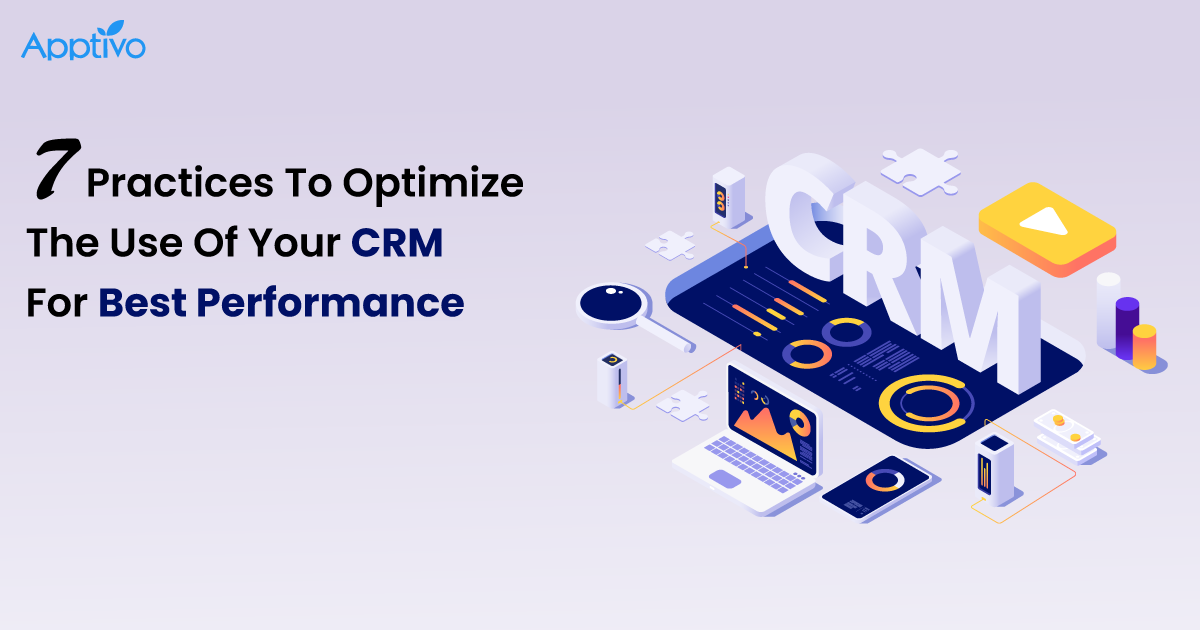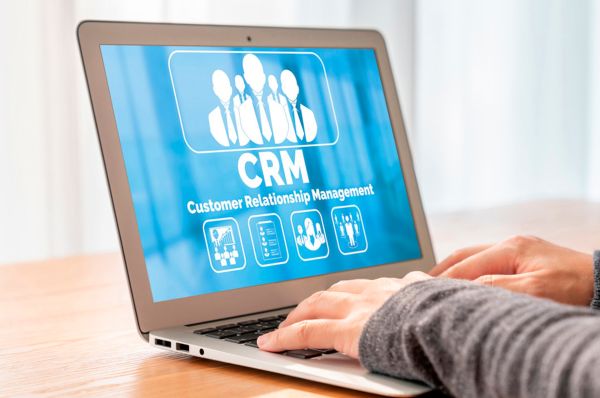The Ultimate Small Business CRM Guide for 2025: Boost Sales, Delight Customers, and Scale Up
The Ultimate Small Business CRM Guide for 2025: Boost Sales, Delight Customers, and Scale Up
Running a small business is a wild ride. You’re juggling a million things – from product development and marketing to customer service and, of course, making sure the bills get paid. In the midst of all this chaos, it’s easy to let things slip through the cracks, especially when it comes to managing your most valuable asset: your customers. That’s where a Customer Relationship Management (CRM) system comes in. Think of it as your business’s central nervous system, connecting all the dots and helping you stay organized, efficient, and customer-focused. This comprehensive guide will walk you through everything you need to know about choosing, implementing, and leveraging a CRM for your small business in 2025.
Why Your Small Business Needs a CRM in 2025
In today’s hyper-competitive landscape, simply having a great product or service isn’t enough. You need to build strong, lasting relationships with your customers. A CRM helps you do just that. Here’s why a CRM is essential for small businesses in 2025:
- Improved Customer Relationships: A CRM provides a 360-degree view of each customer, including their interactions, preferences, and purchase history. This allows you to personalize your interactions and provide exceptional customer service, leading to increased loyalty and repeat business.
- Increased Sales: By tracking leads, managing the sales pipeline, and automating tasks, a CRM can significantly boost your sales efficiency and close more deals. You can identify promising leads, nurture them through the sales process, and follow up at the right time.
- Enhanced Productivity: A CRM automates many time-consuming tasks, such as data entry, email marketing, and appointment scheduling. This frees up your team to focus on more strategic activities, like building relationships and closing deals.
- Better Data Analysis: A CRM provides valuable insights into your customers, sales performance, and marketing campaigns. You can use this data to make informed decisions, optimize your strategies, and drive growth.
- Scalability: As your business grows, a CRM can scale with you. It can handle increasing volumes of data, users, and transactions, ensuring that your customer management system remains effective and efficient.
Key Features to Look for in a Small Business CRM
Not all CRMs are created equal. The best CRM for your small business will depend on your specific needs and goals. However, there are some key features that are essential for any small business CRM in 2025:
- Contact Management: This is the core of any CRM. It allows you to store and manage all your customer data, including contact information, communication history, and purchase details.
- Sales Automation: Automate repetitive sales tasks, such as lead assignment, follow-up emails, and task creation. This frees up your sales team to focus on selling.
- Lead Management: Track leads from initial contact to conversion. This includes lead scoring, lead nurturing, and pipeline management.
- Marketing Automation: Automate marketing campaigns, such as email marketing, social media posting, and lead nurturing. This helps you reach more customers and generate more leads.
- Reporting and Analytics: Generate reports and analyze data to track your sales performance, customer behavior, and marketing campaign effectiveness.
- Mobile Accessibility: Access your CRM from anywhere, anytime, using a mobile app. This allows your team to stay connected and productive on the go.
- Integrations: Integrate your CRM with other business tools, such as email marketing platforms, accounting software, and social media channels.
- Customization: Customize the CRM to fit your specific business needs. This includes adding custom fields, creating custom workflows, and tailoring the user interface.
- User-Friendly Interface: The CRM should be easy to use and navigate, even for non-technical users.
- Customer Support: Look for a CRM provider that offers excellent customer support, including online documentation, tutorials, and responsive customer service.
Top CRM Software for Small Businesses in 2025
The CRM market is vast, and choosing the right software can be overwhelming. Here are some of the top CRM solutions for small businesses in 2025, categorized by their strengths:
Best Overall: HubSpot CRM
HubSpot CRM is a popular choice for small businesses because it’s free to use and incredibly user-friendly. It offers a comprehensive suite of features, including contact management, sales automation, lead management, and marketing automation. HubSpot CRM integrates seamlessly with other HubSpot products, as well as a wide range of third-party apps. It’s a great option for businesses that want a powerful, yet easy-to-use CRM solution.
Best for Sales Teams: Salesforce Sales Cloud Essentials
Salesforce is a leader in the CRM space, and Sales Cloud Essentials is designed specifically for small sales teams. It offers robust sales automation features, including lead scoring, opportunity management, and sales reporting. Salesforce Sales Cloud Essentials also integrates with other Salesforce products, as well as a wide range of third-party apps. It’s a good choice for businesses that want a powerful CRM with advanced sales capabilities.
Best for Small Businesses with Limited Budgets: Zoho CRM
Zoho CRM is a feature-rich CRM that offers a free plan for up to three users. It’s a great option for small businesses on a budget. Zoho CRM offers a wide range of features, including contact management, sales automation, lead management, and marketing automation. It also integrates with other Zoho products, as well as a variety of third-party apps.
Best for E-commerce: Pipedrive
Pipedrive is a CRM that’s specifically designed for sales teams. It’s known for its visual pipeline management, which makes it easy to track leads and opportunities. Pipedrive also integrates with a variety of e-commerce platforms, such as Shopify and WooCommerce. It’s a good choice for e-commerce businesses that want a CRM that’s focused on sales.
Best for Simplicity: Freshsales
Freshsales is a simple and easy-to-use CRM that’s designed for small businesses. It offers a clean and intuitive interface, as well as a range of features, including contact management, sales automation, and lead management. Freshsales is a good choice for businesses that want a CRM that’s easy to set up and use.
Step-by-Step Guide to Implementing a CRM for Your Small Business
Once you’ve chosen a CRM, the next step is implementation. Here’s a step-by-step guide to help you get started:
- Define Your Goals: Before you start implementing your CRM, take some time to define your goals. What do you want to achieve with your CRM? Are you looking to increase sales, improve customer service, or streamline your marketing efforts?
- Choose a CRM: Research and select the CRM software that best fits your business needs and budget. Consider the features, integrations, and user-friendliness of each option. Refer to the suggestions above.
- Plan Your Implementation: Develop a detailed implementation plan. This plan should include the steps you’ll take to set up your CRM, migrate your data, and train your team.
- Clean and Migrate Your Data: Clean up your existing customer data and migrate it to your new CRM. Make sure your data is accurate, complete, and up-to-date.
- Customize Your CRM: Customize your CRM to fit your specific business needs. This includes adding custom fields, creating custom workflows, and tailoring the user interface.
- Train Your Team: Train your team on how to use the CRM. Provide them with the necessary documentation, tutorials, and support.
- Integrate with Other Tools: Integrate your CRM with other business tools, such as email marketing platforms, accounting software, and social media channels.
- Test Your CRM: Test your CRM to make sure it’s working properly. Make sure all the features are functioning as expected and that your data is accurate.
- Launch Your CRM: Once you’ve tested your CRM, launch it to your team. Provide ongoing support and training to ensure that everyone is using the CRM effectively.
- Monitor and Optimize: Monitor your CRM’s performance and make adjustments as needed. Track your progress toward your goals and identify areas for improvement.
Tips for CRM Success in 2025
Implementing a CRM is only the first step. To ensure your CRM is successful, here are some tips to keep in mind:
- Get Buy-In from Your Team: It’s essential to get buy-in from your team. Explain the benefits of the CRM and how it will help them do their jobs more effectively.
- Provide Ongoing Training: Provide ongoing training and support to your team. This will help them stay up-to-date on the latest features and best practices.
- Use Data to Make Decisions: Use the data from your CRM to make informed decisions. Track your sales performance, customer behavior, and marketing campaign effectiveness.
- Automate Tasks: Automate repetitive tasks to save time and improve efficiency.
- Personalize Your Interactions: Use the data from your CRM to personalize your interactions with customers.
- Integrate with Other Tools: Integrate your CRM with other business tools to streamline your workflows and improve your productivity.
- Regularly Review and Update Your CRM: Regularly review and update your CRM to ensure it’s meeting your evolving business needs.
- Focus on Customer Experience: The ultimate goal of a CRM is to improve the customer experience. Focus on building strong relationships with your customers and providing them with exceptional service.
- Embrace Mobile CRM: Ensure your CRM is accessible on mobile devices. This enables your team to stay connected and productive, regardless of their location.
- Prioritize Data Security: Safeguard your customer data. Choose a CRM with robust security features and adhere to data privacy regulations.
Integrating AI and Automation in Your CRM Strategy for 2025
The landscape of CRM is rapidly evolving, with Artificial Intelligence (AI) and automation playing an increasingly significant role. Embracing these technologies is crucial for small businesses looking to stay ahead in 2025.
- AI-Powered Chatbots: Implement AI-powered chatbots to provide instant customer support, answer frequently asked questions, and qualify leads. This can significantly reduce the workload on your customer service team and improve response times.
- Predictive Analytics: Leverage AI-powered predictive analytics to forecast customer behavior, identify potential churn risks, and personalize sales recommendations. This allows you to proactively address customer needs and improve sales conversions.
- Automated Email Marketing: Use AI to personalize email marketing campaigns based on customer behavior and preferences. This can lead to higher open rates, click-through rates, and conversions.
- Sales Automation with AI: Utilize AI to automate sales tasks, such as lead scoring, opportunity management, and follow-up emails. AI can analyze sales data to identify the most promising leads and prioritize sales efforts.
- Sentiment Analysis: Integrate sentiment analysis tools to monitor customer feedback and identify potential issues. This allows you to proactively address customer concerns and improve customer satisfaction.
- Voice Assistants: Explore the use of voice assistants, such as Alexa or Google Assistant, to access CRM data and perform tasks hands-free. This can improve productivity and efficiency, especially for sales representatives on the go.
- Continuous Learning: Stay updated on the latest AI and automation trends in CRM. Continuously explore new features and functionalities to optimize your CRM strategy.
Common Mistakes to Avoid When Implementing a CRM
Even with the best intentions, small businesses can make mistakes during CRM implementation. Avoiding these pitfalls will help you maximize your CRM investment:
- Choosing the Wrong CRM: Select a CRM that doesn’t fit your business needs or is too complex to use.
- Failing to Get Team Buy-In: Neglecting to involve your team in the selection and implementation process.
- Not Cleaning Your Data: Migrating dirty or incomplete data to your CRM.
- Failing to Customize Your CRM: Not tailoring the CRM to your specific business needs.
- Inadequate Training: Providing insufficient training to your team on how to use the CRM.
- Not Integrating with Other Tools: Failing to integrate your CRM with other business tools.
- Not Monitoring and Optimizing: Neglecting to monitor your CRM’s performance and make adjustments as needed.
- Overcomplicating the System: Adding unnecessary features or workflows that complicate the user experience.
- Ignoring Data Privacy: Failing to comply with data privacy regulations.
- Lack of Ongoing Support: Not providing ongoing support and training to your team.
Measuring the ROI of Your CRM
To justify the investment in a CRM, it’s essential to measure its return on investment (ROI). Here are some key metrics to track:
- Increased Sales Revenue: Track the increase in sales revenue after implementing your CRM.
- Improved Conversion Rates: Measure the improvement in lead-to-customer conversion rates.
- Reduced Sales Cycle Time: Track the reduction in the time it takes to close a deal.
- Increased Customer Retention Rate: Measure the improvement in customer retention rates.
- Reduced Customer Service Costs: Track the reduction in customer service costs.
- Increased Customer Satisfaction: Measure the improvement in customer satisfaction scores.
- Improved Lead Generation: Track the increase in the number of qualified leads generated.
- Higher Marketing ROI: Measure the improvement in the return on investment of your marketing campaigns.
- Increased Productivity: Track the increase in productivity across your sales and customer service teams.
- Reduced Administrative Costs: Measure the reduction in administrative costs.
The Future of CRM for Small Businesses
The future of CRM for small businesses is bright, with continued innovation and advancements on the horizon. Here are some trends to watch for:
- Hyper-Personalization: CRM systems will become even more adept at personalizing customer interactions, leveraging AI and machine learning to tailor experiences to individual customer preferences and behaviors.
- Omnichannel Integration: Seamless integration across all customer touchpoints, including email, social media, chat, and phone, will become standard.
- AI-Powered Insights: AI will play an increasingly critical role in providing actionable insights, helping businesses make data-driven decisions and optimize their strategies.
- Increased Automation: Automation will continue to streamline tasks, freeing up employees to focus on higher-value activities.
- Focus on Customer Experience: The customer experience will remain the central focus, with CRM systems designed to enhance customer satisfaction and loyalty.
- Integration of IoT: CRM systems may integrate with the Internet of Things (IoT) to gather data from connected devices and provide personalized customer experiences.
- Emphasis on Data Privacy and Security: With growing concerns about data privacy, CRM systems will prioritize security and compliance with data privacy regulations.
Conclusion: Embrace the Power of CRM for Small Business Success in 2025
In conclusion, a CRM is no longer a luxury for small businesses; it’s a necessity. By implementing the right CRM, following the best practices outlined in this guide, and embracing the latest technologies, you can transform your customer relationships, boost your sales, and achieve sustainable growth. As we head into 2025, the businesses that prioritize customer experience and leverage the power of CRM will be the ones that thrive. So, take the plunge, choose the right CRM for your business, and start building stronger relationships with your customers today.

